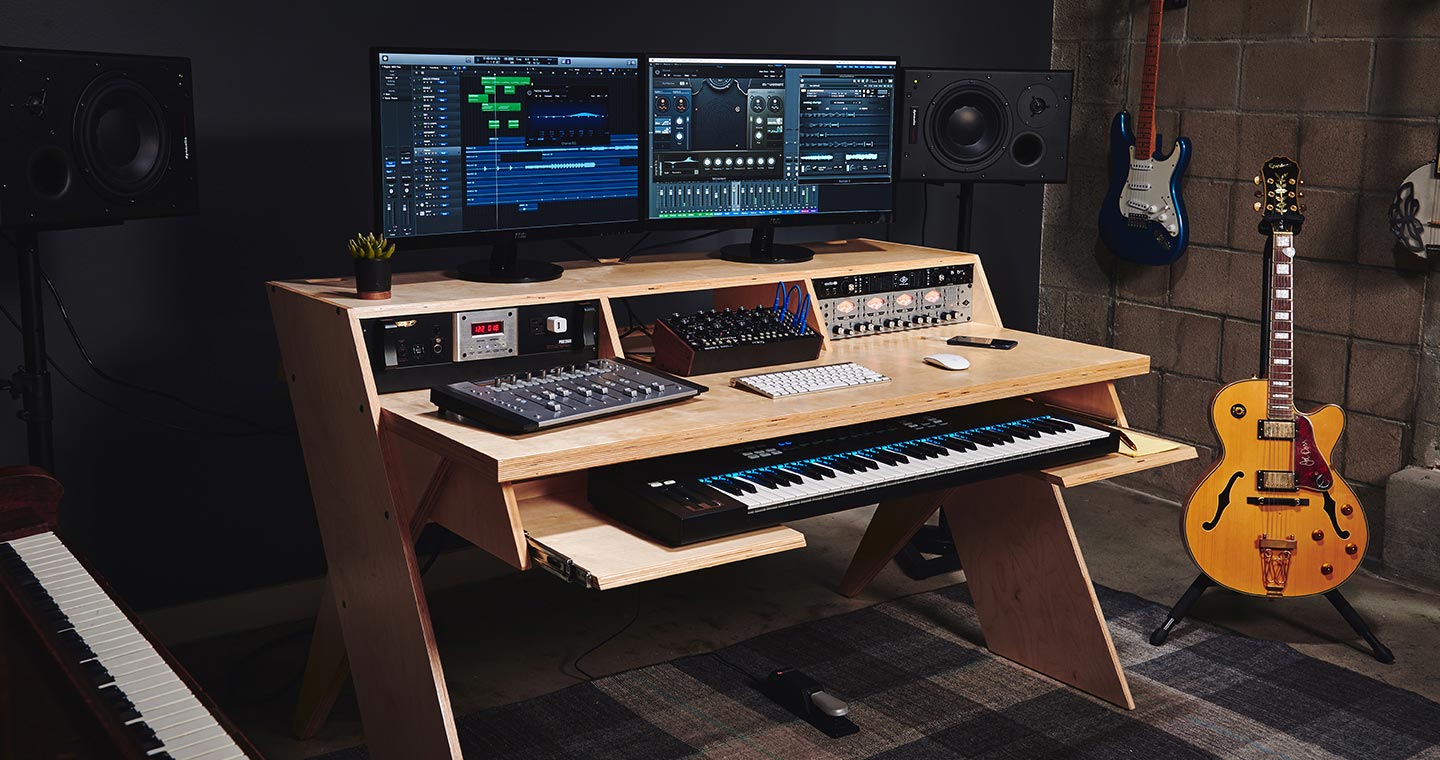|
I was talking to a client a few weeks ago, who was trying to figure out how to make more money from his music via licensing his tracks in tv, films, etc. This particular client informed me that he had made about $2,000.00 from ten of his tracks over the last five years or so. The problem though, was that these particular tracks were signed exclusively to a publisher and for many years he couldn’t get the rights to these tracks back.
He hired an attorney and spent several years fighting to get out of the contract he had signed. Eventually, after what I can only imagine was quite a bit of money, time and frustration, the publisher representing these tracks agreed to give him the ability to sign these tracks to other companies and license them elsewhere. In the end, he was able to make a little extra money with these ten tracks, but he still wasn’t thrilled with his results. This particular client came to me, mainly looking for advice on how to improve his success in music licensing and figure out how to make more money with his music. One of the things I love about working with clients like this, is that I often have epiphanies and realizations as a result of listening to someone else express their challenges and frustrations. I’m sometimes able to express ideas in new ways, that lead to greater clarity for both myself and my clients. I often have “aha” moments that help both myself and my clients better understand this crazy business of ours. With this particular client, I had a realization that I guess you could say was a twist on something I’ve known for quite some time but had never quite been able to articulate as succinctly as I did with this particular client, during this particular coaching session. What was the realization? Well, to put it very simply, your musical output will determine your income. In other words, the more tracks you create, the more money you’ll make. Pretty obvious right? It should be, but I think a lot of us have blind spots and get stuck on our musical journey, getting bogged down in worrying about things like getting out of bad deals we’ve signed, worrying about our rights and how to best monetize our individual tracks. And these are all valid concerns. We should think about these things, at least to a point. We should be careful about signing bad deals and not getting locked into deals we can’t get out of. I’m sure we’ve all probably signed a few contracts along the way that we wish we hadn’t. I know I have. If you’ve been in the licensing game long enough, you’re going to learn along the way, and sometimes we have to learn the hard way, by making mistakes, or by making what seem like mistakes in retrospect. With this particular client I was talking to though, he had spent a lot of money and time trying to undo a deal he had signed. He got sort of stuck on trying to undo this deal he had signed an in his mind, right a wrong. These tracks were his and he wanted them back. In my estimation though, his energy and effort would have been much better spent had he focused it elsewhere, on more productive things, like writing and creating new music for example and developing new contacts in the business and generating new revenue streams with his music. It's better to look forward, than look behind. I broke it down for this particular client, like this: If you’re able to make $2,000.00 from ten tracks, (which isn’t a bad return in the grand scheme of things) what if you had a catalog of 100 tracks? Assuming the same rate of return, you’d make about $20,000.00. Now extrapolate that even further. What if you had 500 tracks earning the same amount of money? This would net you $100,000. What if you had 1,000 tracks that brought in the same amount of money per tracks? This would earn you about $200,000.00 and so on. I think you can see where I’m going with this. To a large extent, our income in the music business, and in particular for things like music licensing and music streaming, will be determined by how many tracks we have in our catalog. Now of course, there are a lot of other variables. The size of your catalog isn’t the only determining factor in licensing. There are other things, like the tracks themselves, how “license-able” and accessible they are, the connections you make and so on. There are a lot of different factors that will contribute to your success. But, the size of your catalog and how many tracks you have available to be licensed is a key factor. One of the things you should be focusing on, at all times, is creating more music, so you have more music to license into more opportunities. It’s also one of the few things in this business, YOU have complete control over. A few years ago, on my podcast, I interviewed a musician who made a full time living, based solely on this realization alone. His name is Matt Farley and his entire strategy is to make a ridiculous amount of music based around every imaginable, silly theme and idea he can think of. He has songs about poop, pee, UFOs, singing random people’s names over and over, writing songs about specific cities based on Wikipedia posts and much more. Thousands and thousands of tracks. His focus is more on making from streaming on platforms like Youtube and Spotify, as opposed to licensing. He doesn’t make much per track, but he makes so much music that, when I interviewed him in 2016 he was averaging about 2k a month in revenue. That was a couple years ago. I googled him to see what he’s been up to since and discovered he’s up to about 19,000 tracks and records under 17 different aliases, such as:
He’s also up to making about 65k a year from his massive catalog of almost 20,000 tracks, according to this article in INC magazine: https://www.inc.com/bill-murphy-jr/work-from-home-spotify-itunes-amazon-music-alexa.html Matt is an extreme example, and it’s debatable whether or not much of his music would be considered great works of “art”. But, he’s paying his bills with music alone. Are you? If you’re trying to make more money from your music, a great thought experiment is to simply look at how much money you’re making per year from your music, divided by the number of tracks in your catalog. This way, you can get a per song average of what your tracks earn. Then just extrapolate out. So, for example, if you made $1,000.00 from your tracks last year and you have ten songs in you catalog, each song is earning on average about 100 dollars. Want to increase your income to $10,000? You’d need 100 songs, based on this rate of return. To get to $100,000.00, you’d need 1,000 tracks. Like I said, there are obviously other factors, but one of the easiest and most straightforward ways to grow your revenue from your music, is to simply make more of it. This was the exact epiphany that Matt Farley had. He noticed one of his tracks earned almost 74 cents on Spotify, so he thought to himself, that’s not a lot of money, but what if I had thousands of tracks each earning tiny amounts of money. Eventually it would add up. Of course, in something like licensing, there’s the potential to earn much more than 74 cents per track. I’ve made as much as 5k per placement and there are placements that earn much more than that. The problem though, with focusing on how much you earn per particular placement, is that you don’t entirely control when and where your tracks are used. You can influence this by more actively pitching your tracks, making new connections and so forth. But you can’t directly control it. What you can control is the music you make. How much of it you make. What you make music about. Where you make it available and so on. To a very large extent, your musical output = your income.
3 Comments
9/30/2022 07:18:18 am
What an exquisite article! Your post is beneficial right now. Thank you for sharing this informative one. If you're looking for a money-making app, download this link https://bit.ly/3MSDRA9
Reply
9/30/2022 07:20:12 am
Great article! Thank you for sharing this informative post, and looking forward to the latest one.
Reply
9/30/2022 07:23:06 am
Great article! Thank you for sharing this informative post, and looking forward to the latest one.
Reply
Leave a Reply. |
|
© 2024 By Aaron Davison.net

